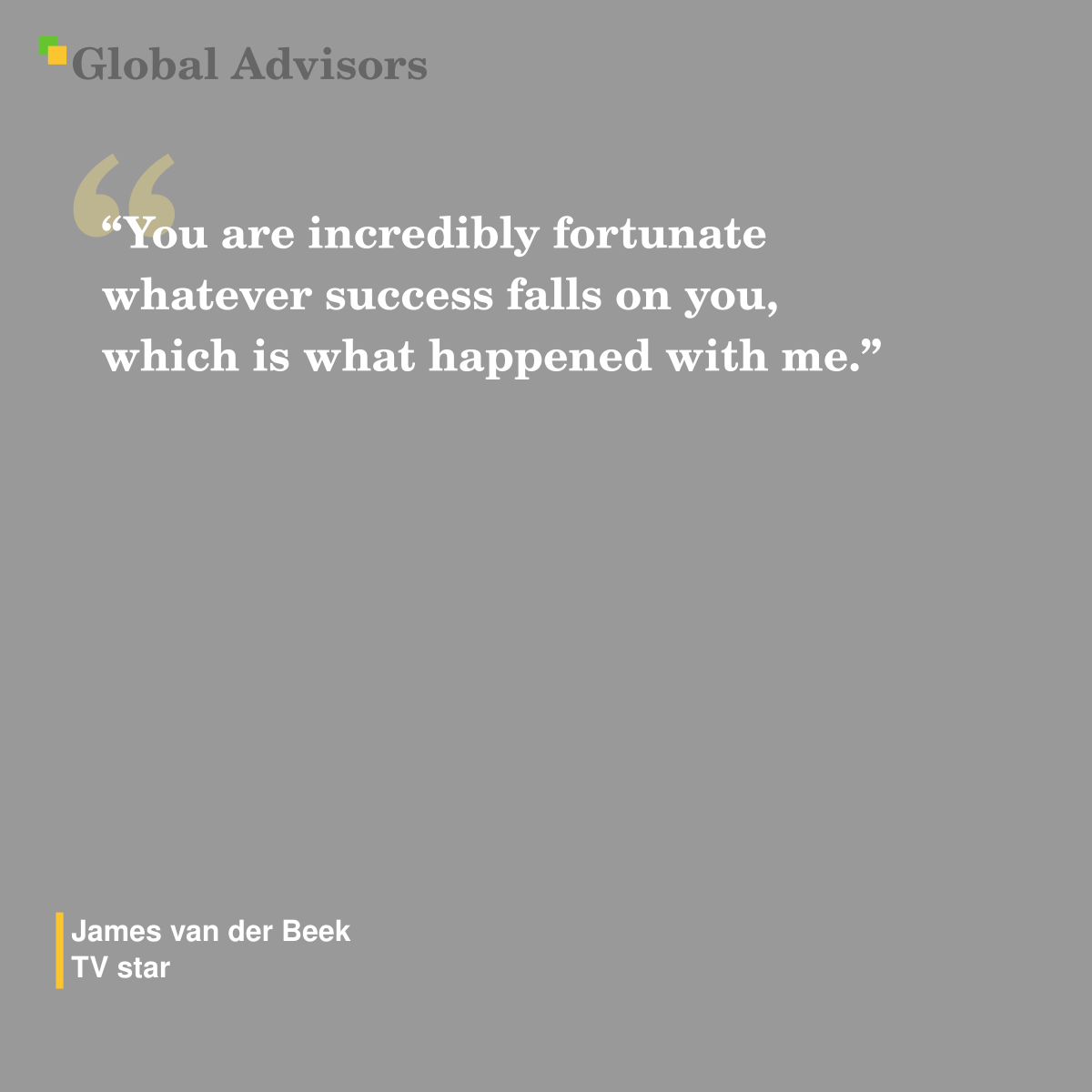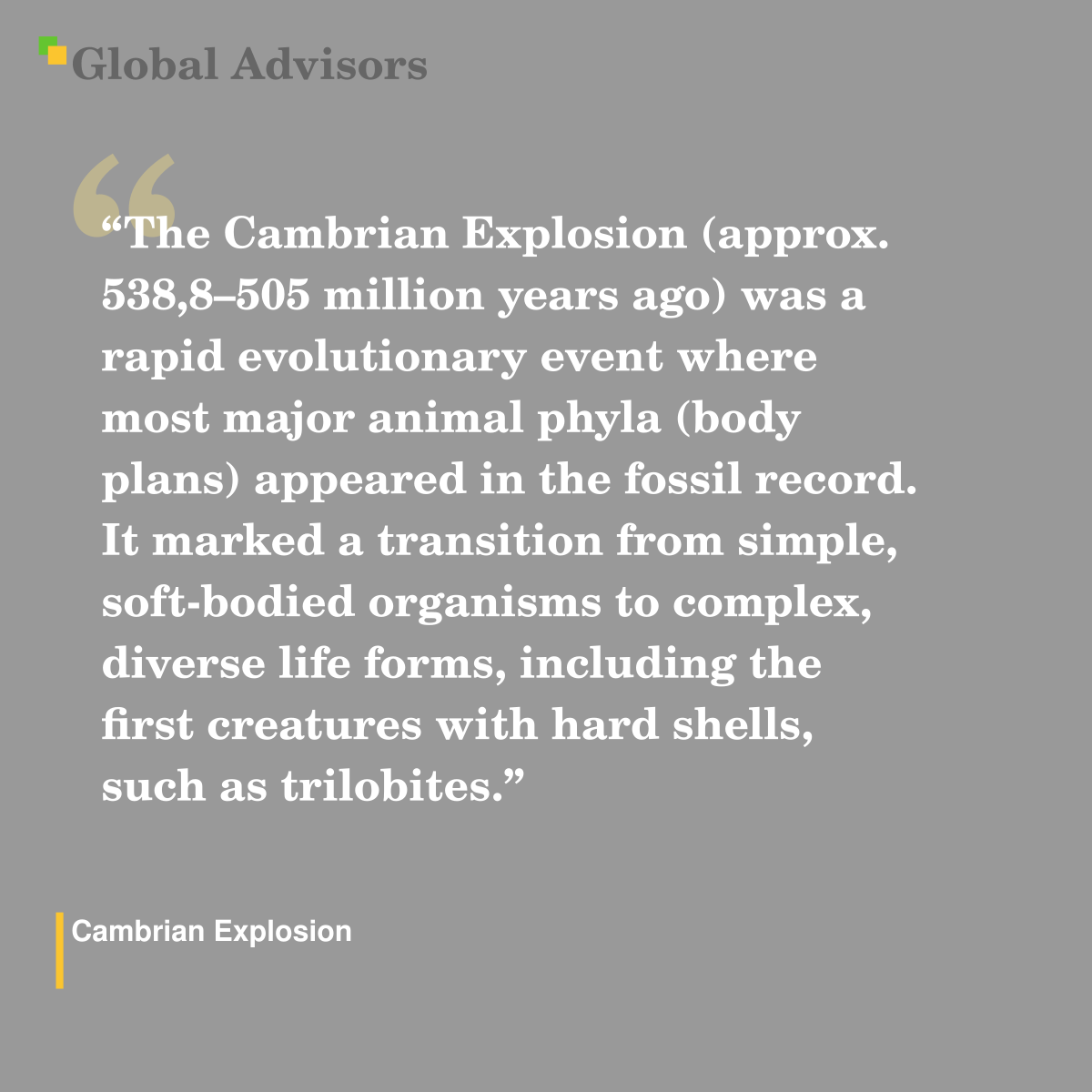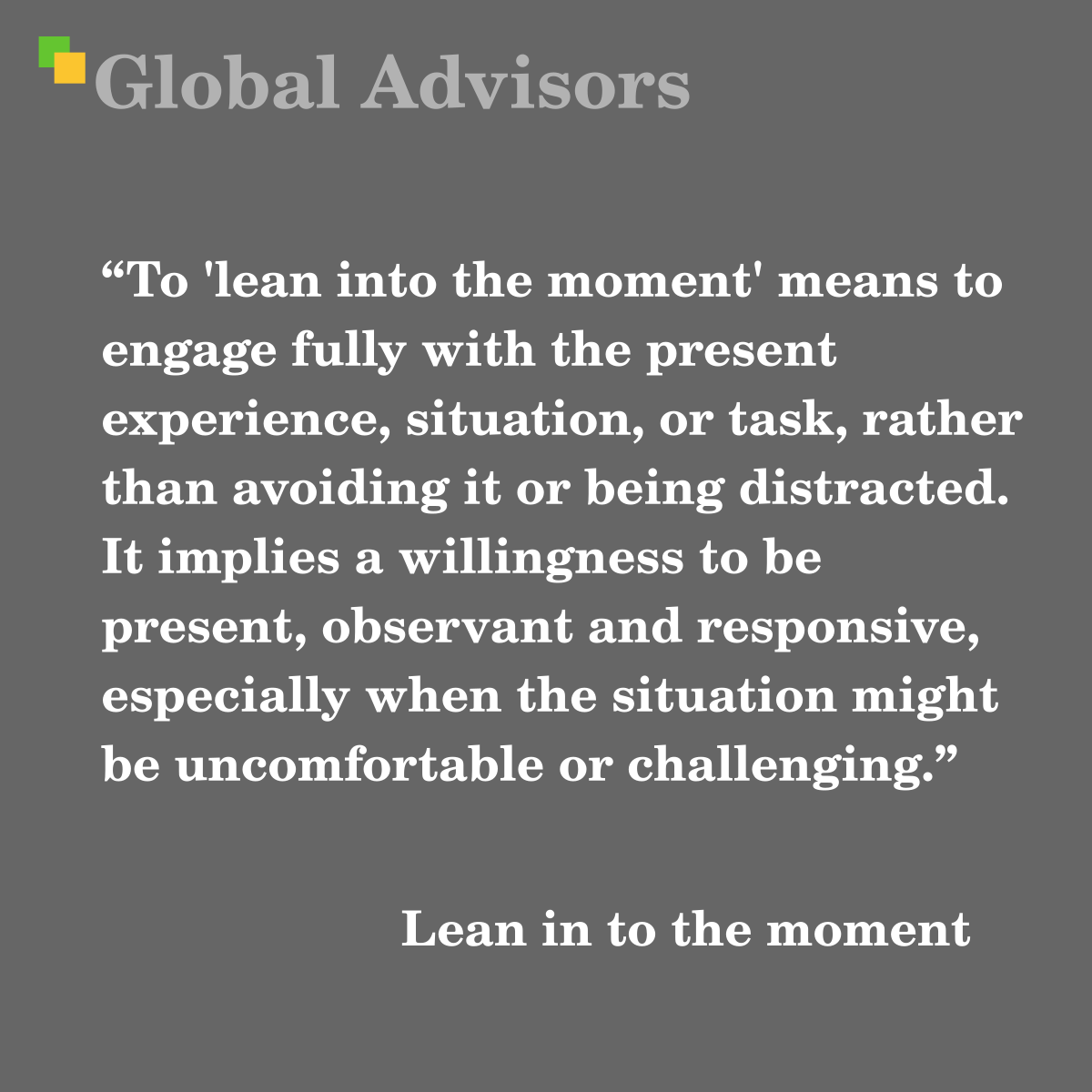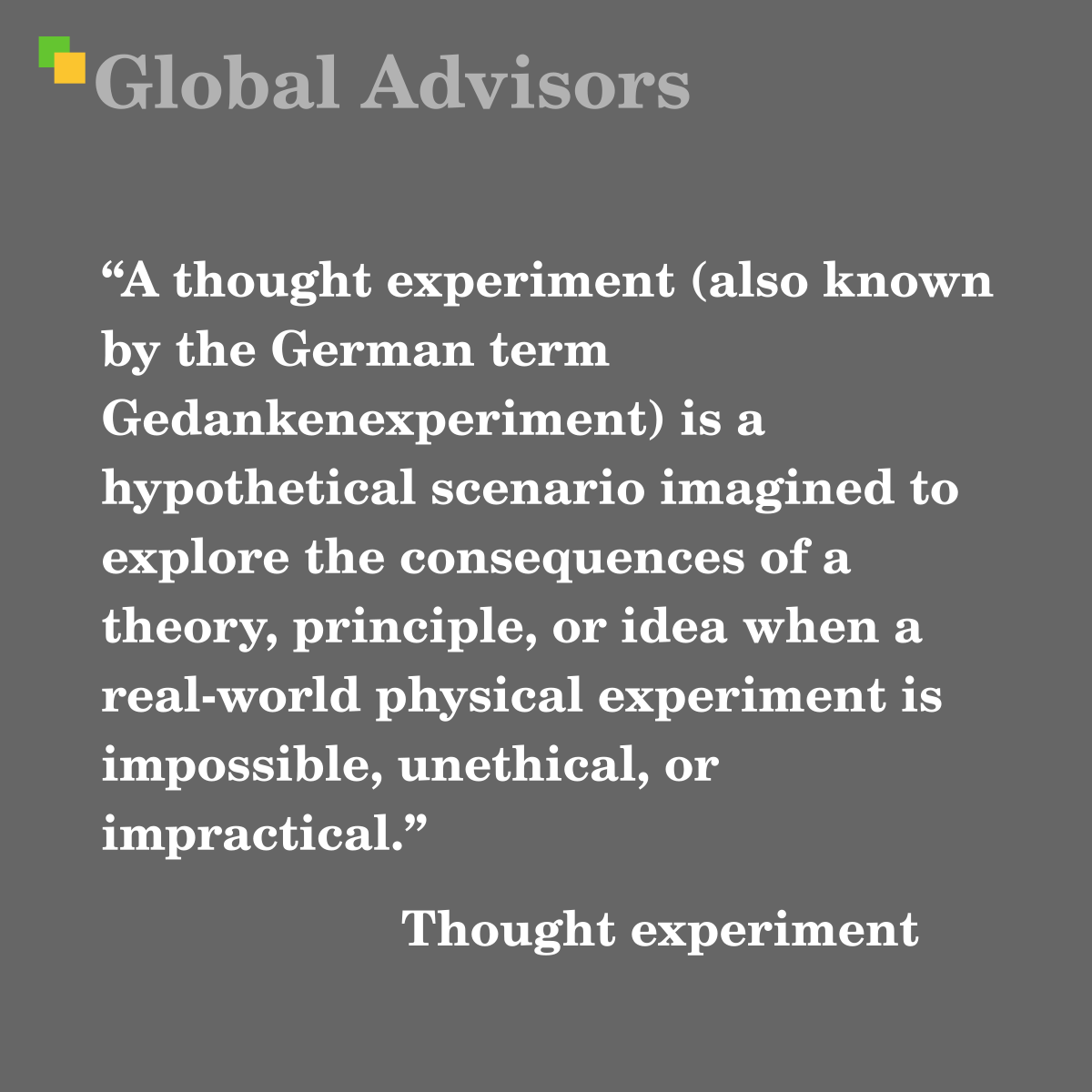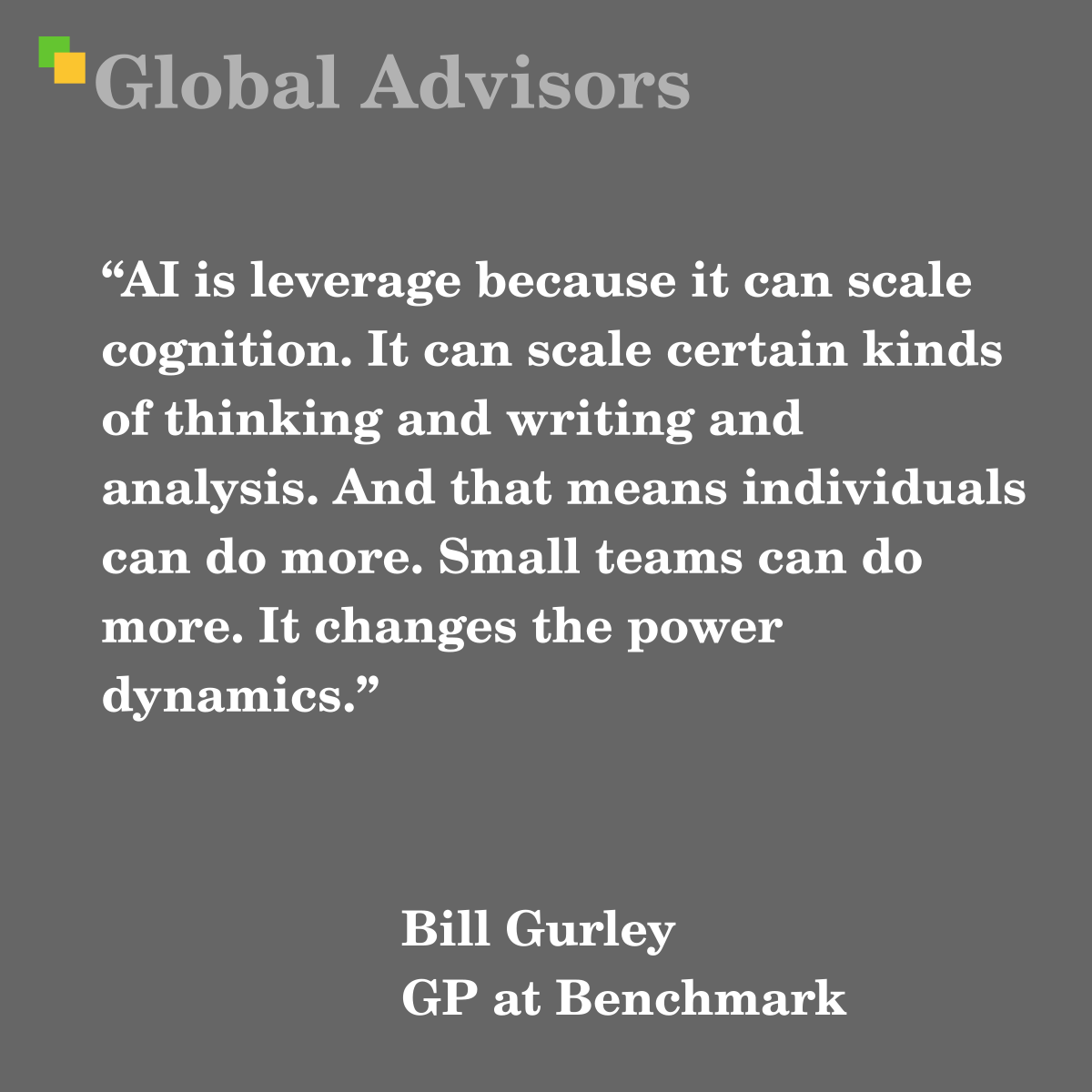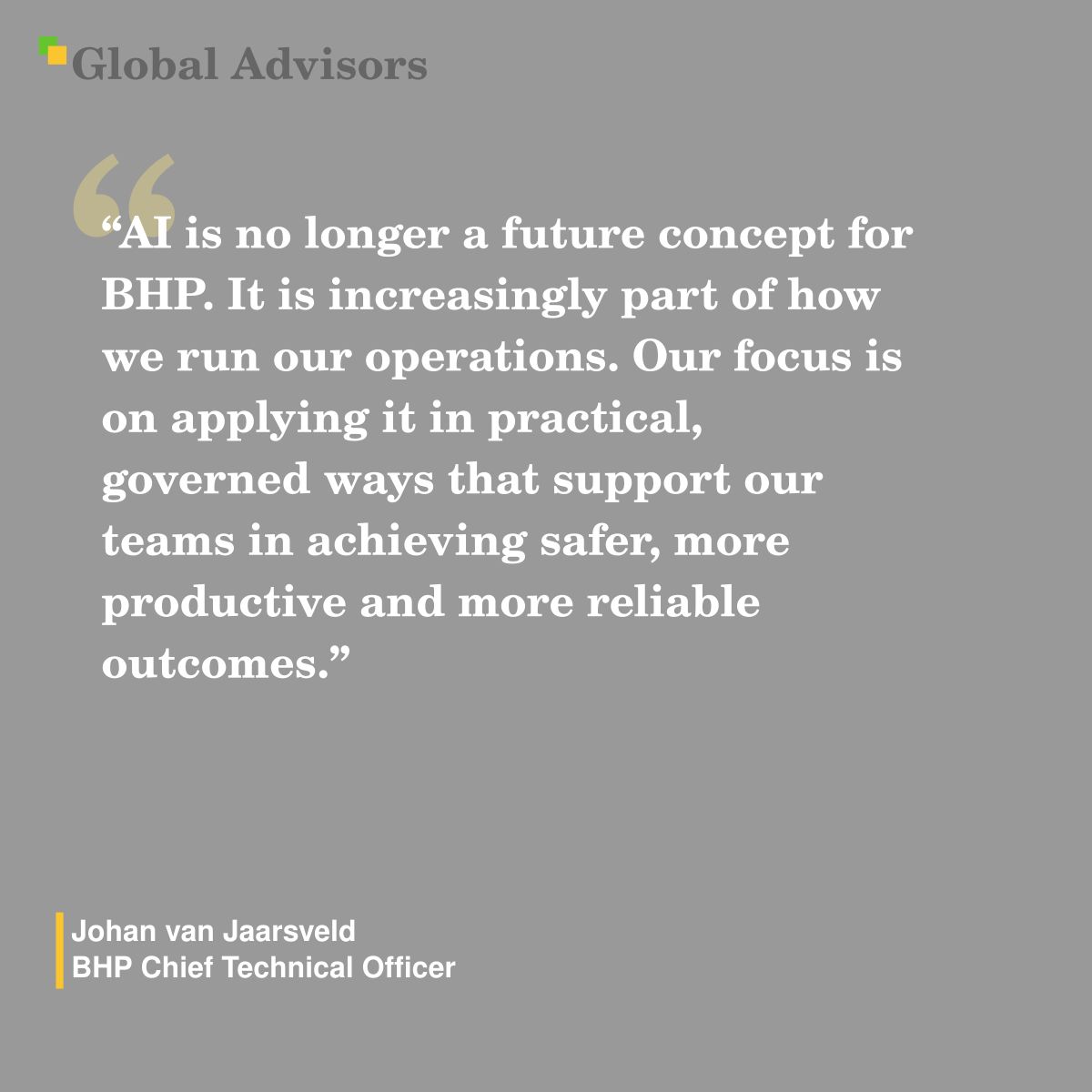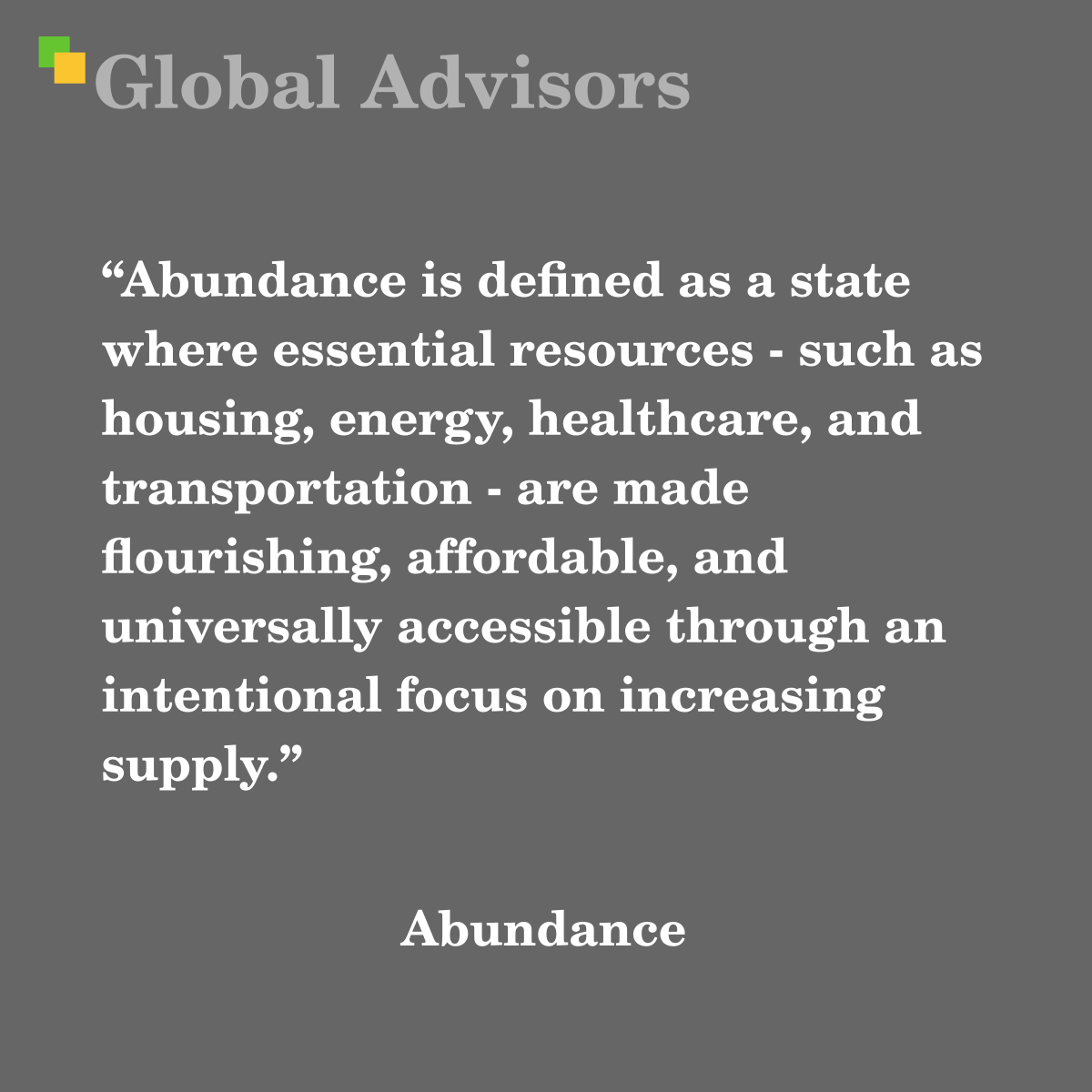“Quantum computing is a revolutionary field that uses principles of quantum mechanics, like superposition and entanglement, to process information with qubits (quantum bits) instead of classical bits, enabling it to solve complex problems exponentially faster than traditional computers.” – Quantum computing
Key Principles
- Qubits: Unlike classical bits, which represent either 0 or 1, qubits can exist in a superposition of states, embodying multiple values at once due to quantum superposition.
- Superposition: Allows qubits to represent numerous states simultaneously, enabling parallel exploration of solutions for problems like optimisation or factoring large numbers.
- Entanglement: Links qubits so the state of one instantly influences another, regardless of distance, facilitating correlated computations and exponential scaling of processing power.
- Quantum Gates and Circuits: Manipulate qubits through operations like CNOT gates, forming quantum circuits that create interference patterns to amplify correct solutions and cancel incorrect ones.
Quantum computers require extreme conditions, such as near-absolute zero temperatures, to combat decoherence – the loss of quantum states due to environmental interference. They excel in areas like cryptography, drug discovery, and artificial intelligence, though current systems remain in early development stages.
Best Related Strategy Theorist: David Deutsch
David Deutsch, widely regarded as the father of quantum computing, is a British physicist and pioneer in quantum information science. Born in 1953 in Haifa, Israel, he moved to England as a child and studied physics at the University of Oxford, earning his DPhil in 1978 under David Sciama.
Deutsch’s seminal contribution came in 1985 with his paper ‘Quantum theory, the Church-Turing principle and the universal quantum computer’, published in the Proceedings of the Royal Society. He introduced the concept of the universal quantum computer – a theoretical machine capable of simulating any physical process, grounded in quantum mechanics. This work formalised quantum Turing machines and proved that quantum computers could outperform classical ones for specific tasks, laying the theoretical foundation for the field.
Deutsch’s relationship to quantum computing is profound: he shifted it from speculative physics to a viable computational paradigm by demonstrating quantum parallelism, where superpositions enable simultaneous evaluation of multiple inputs. His ideas influenced algorithms like Shor’s for factoring and Grover’s for search, and he popularised the many-worlds interpretation of quantum mechanics, linking it to computation.
A fellow of the Royal Society since 2008, Deutsch authored influential books like The Fabric of Reality (1997) and The Beginning of Infinity (2011), advocating quantum computing’s potential to unlock universal knowledge creation. His vision positions quantum computing not merely as faster hardware, but as a tool for testing fundamental physics and epistemology.
Tags: quantum computing, term, qubit
References
1. https://www.spinquanta.com/news-detail/how-does-a-quantum-computer-work
2. https://qt.eu/quantum-principles/
3. https://www.ibm.com/think/topics/quantum-computing
4. https://thequantuminsider.com/2024/02/02/what-is-quantum-computing/
5. https://www.mckinsey.com/featured-insights/mckinsey-explainers/what-is-quantum-computing
6. https://en.wikipedia.org/wiki/Quantum_computing
7. https://www.bluequbit.io/quantum-computing-basics
8. https://www.youtube.com/watch?v=B3U1NDUiwSA



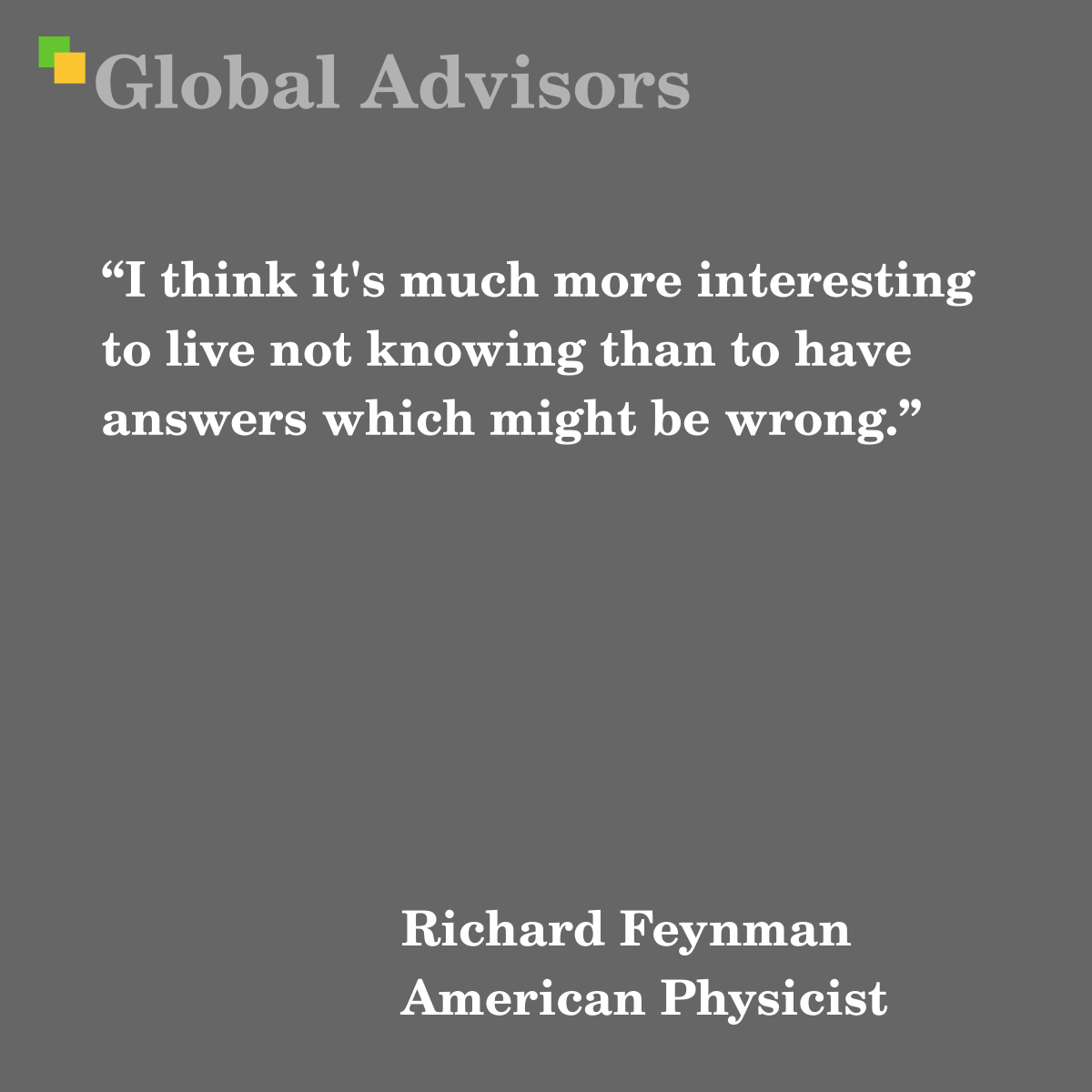



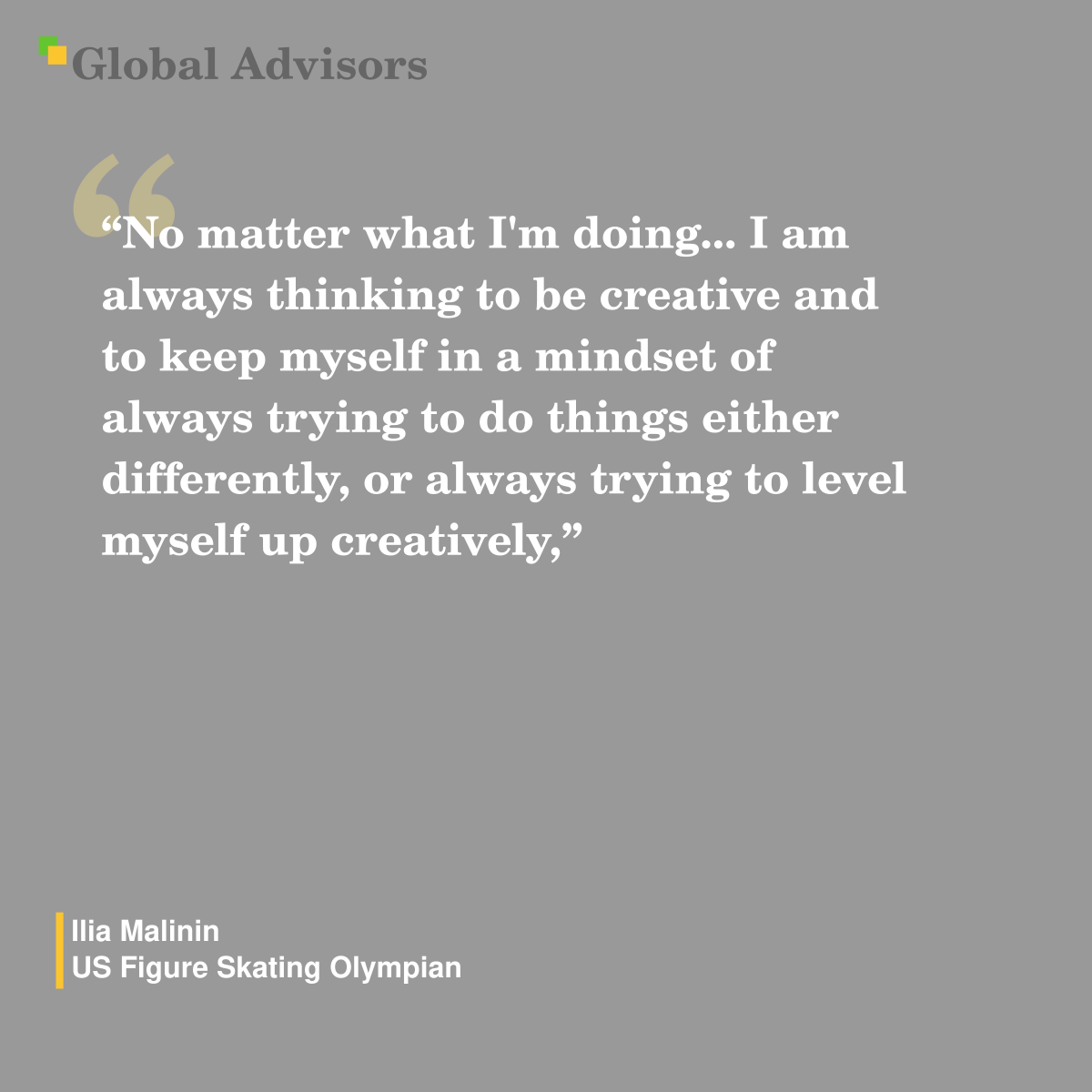

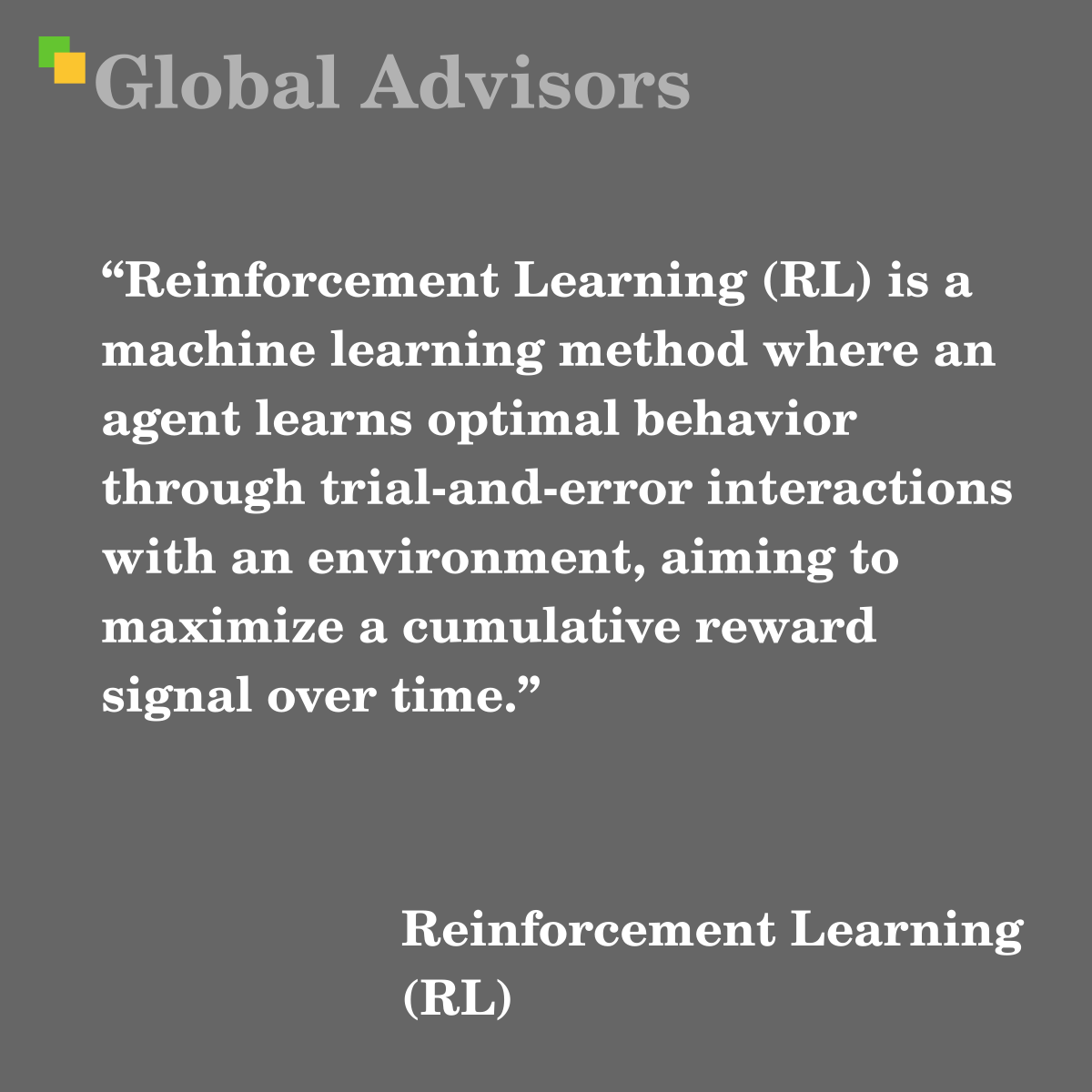

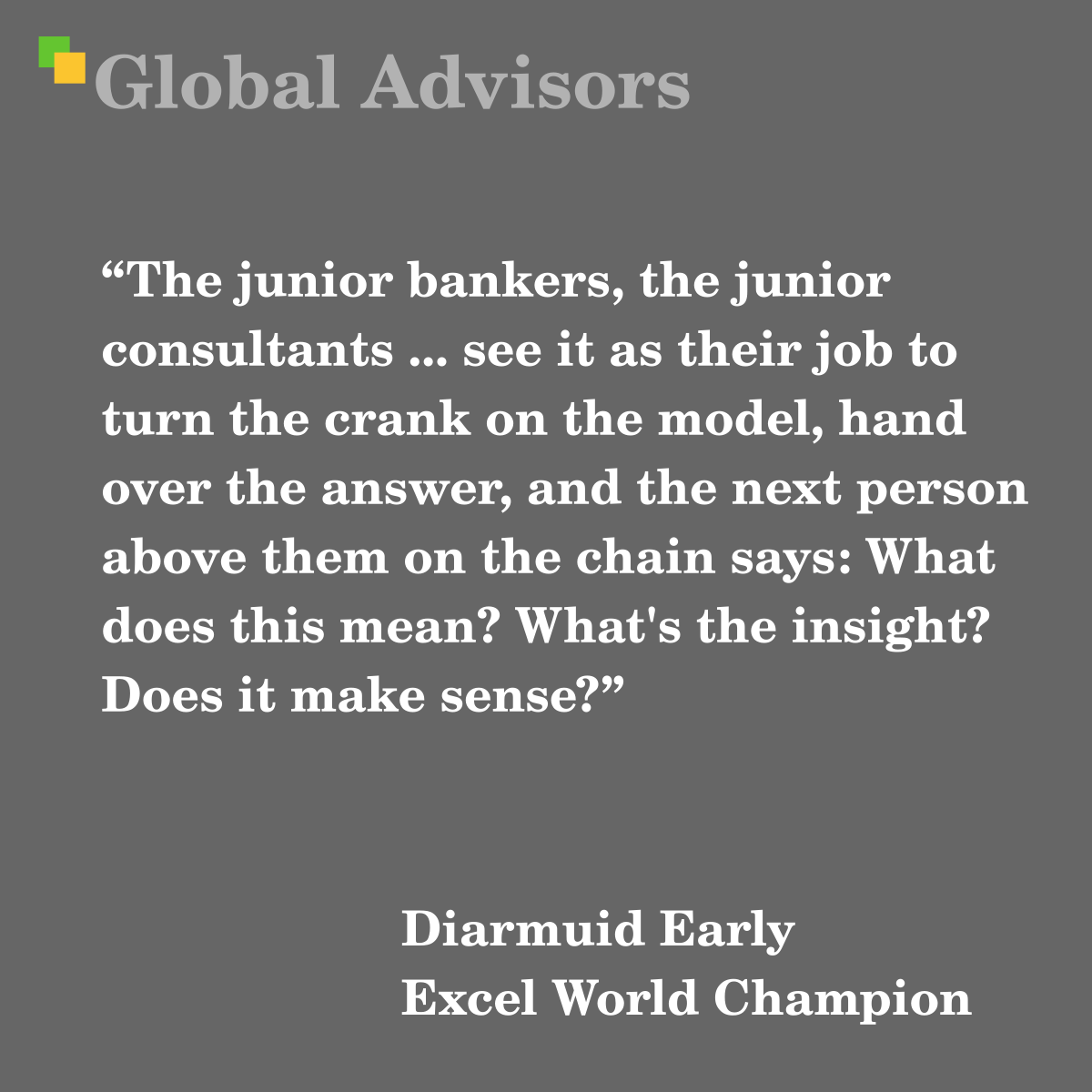





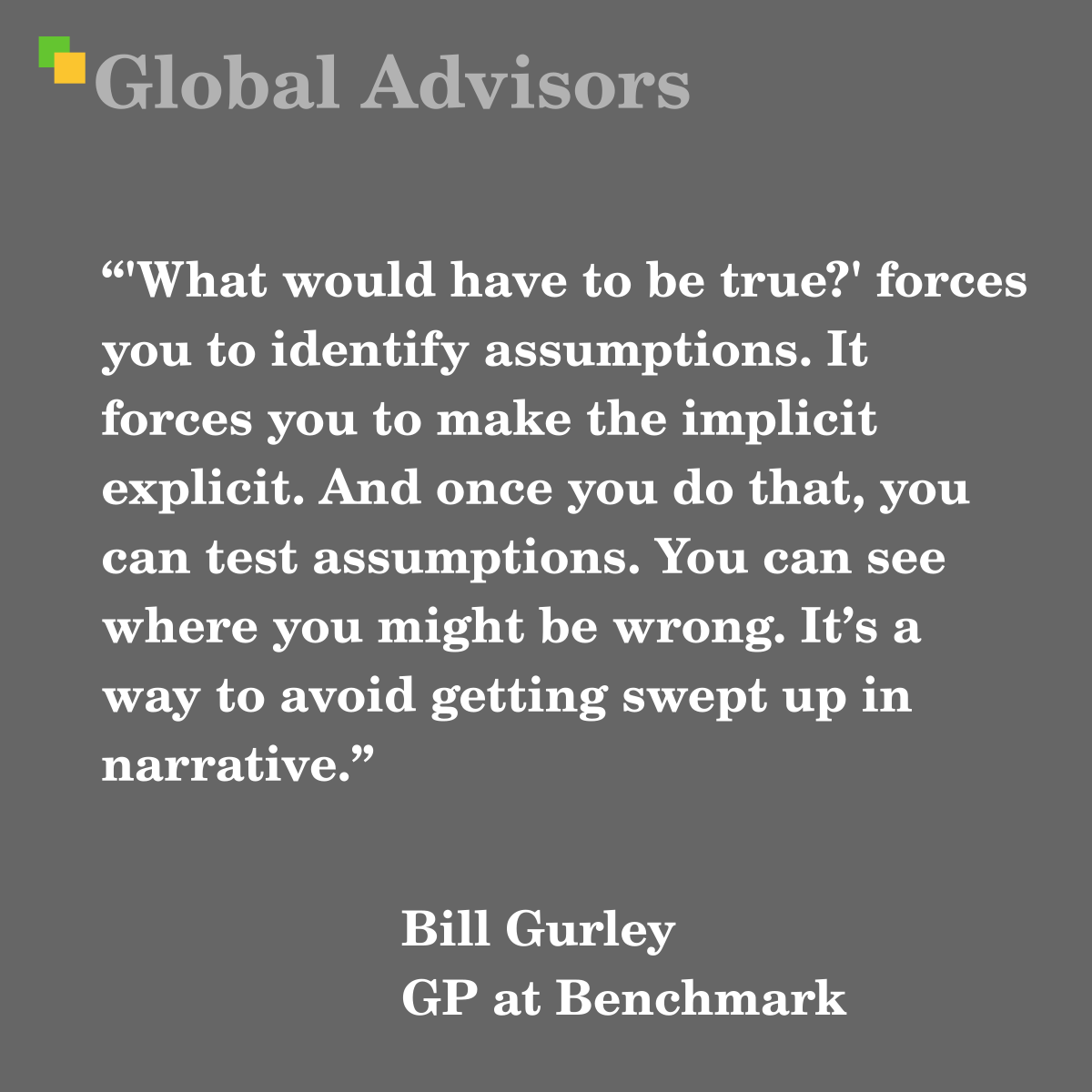



!["Here's the thing nobody outside of tech quite understands yet: the reason so many people in the industry are sounding the alarm [about AI] right now is because this already happened to us. We're not making predictions. We're telling you what already occurred in our own jobs, and warning you that you're next." - Quote: Matt Shumer - CEO HyperWriteAI, OthersideAI](https://globaladvisors.biz/wp-content/uploads/2026/02/20260212_21h30_GlobalAdvisors_Marketing_Quote_MattShumer_GAQ.png)

